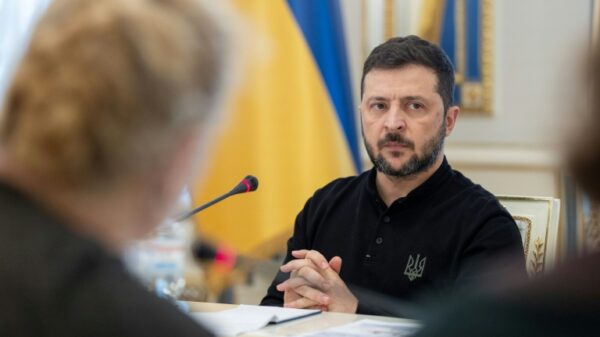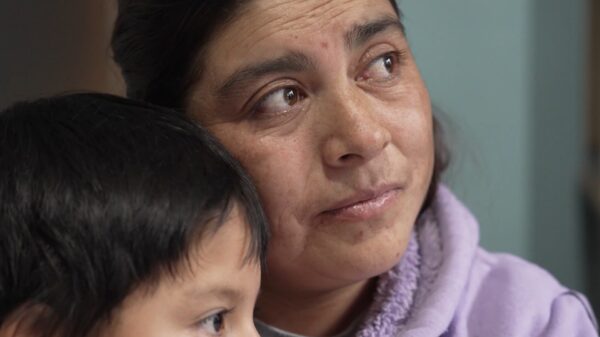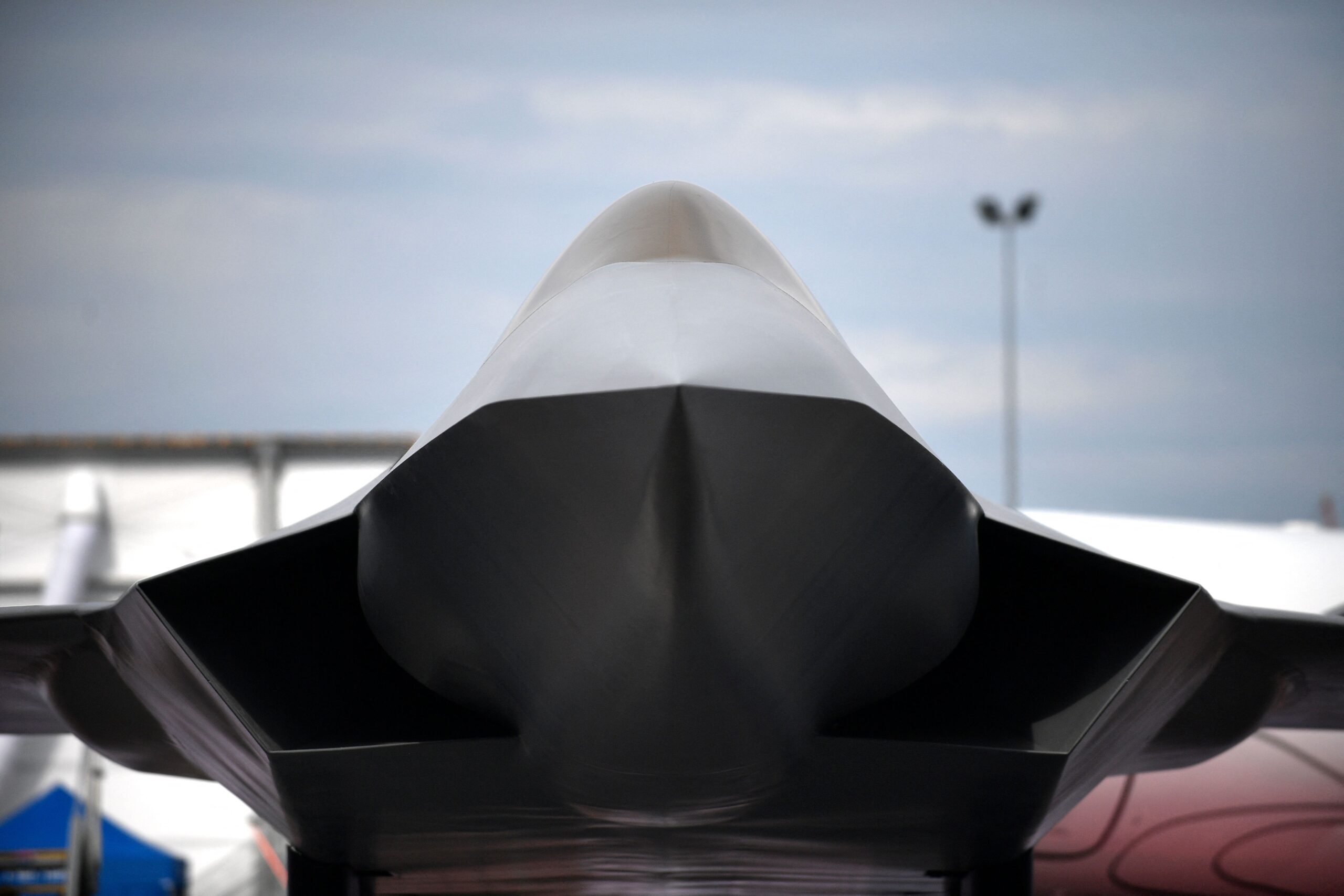Reports of internal disputes among partners in the French-German-Spanish Future Combat Air System (FCAS) program have been described as exaggerated by a senior official of the French Air Force. Brig. Gen. Phillipe Suhr, the program’s representative, stated that while differences exist, all partners remain committed to the initiative, which aims to deliver a new generation of fighter aircraft by the 2040s.
“There are differences but don’t believe all you are reading,” Suhr emphasized during the International Fighter Conference held in Rome. He reassured attendees that efforts are being made to resolve any issues and that collaboration among partners remains strong. The FCAS program, launched in 2017 by France and Germany with Spain joining later, is intended to replace the current fleet of Rafales and Eurofighters.
Despite Suhr’s reassurances, tensions have surfaced regarding project control. French aerospace company Dassault is reportedly seeking a larger stake in the program, which has led to disagreements with Germany. Last month, Guillaume Faury, CEO of Airbus, suggested that Dassault should consider withdrawing if it remains dissatisfied with its share of the project. “So if they’re not happy with what was decided and they don’t agree to continue in this setup, they are free to decide to move out of FCAS,” Faury remarked.
Suhr attempted to mitigate concerns by stating that Dassault’s ambitions have been misrepresented. “When you read Dassault wants 80 percent, it is not reality,” he said, suggesting a more balanced approach to the partnership.
Shifting Focus to GCAP
As challenges continue to surface within the FCAS program, the parallel Global Combat Air Programme (GCAP), developed by Italy, the UK, and Japan, appears to be advancing effectively. This autumn, three industrial consortia were established to facilitate the development of the sixth-generation fighter aircraft. Roberto Cingolani, CEO of Leonardo, Italy’s lead contractor, announced that the company expects to secure over €1 billion in national contracts related to the program by December.
“Our competitors are slowing down,” Cingolani stated during a recent conference call with analysts, indicating confidence in the GCAP’s trajectory. Insights shared by Italian military officials at the Rome conference highlighted a strategic focus on maintaining technological and industrial sovereignty while collaborating with international partners.
Col. Antonio Vivolo, the GCAP senior technical representative at the Italian defense ministry armaments office, underscored the need for national autonomy amidst evolving technological landscapes. “The goal is not only to obtain a new fighter; the goal is to obtain and keep technological and industrial sovereignty,” Vivolo explained. He asserted that this capability is essential for adapting to changing scenarios, threats, and partnerships without compromising national interests.
Vivolo’s comments reflect a broader sentiment among nations involved in defense collaborations, emphasizing the importance of having a robust domestic industrial base. “Without this depth of sovereignty, sixth-generation would remain a beautiful concept governed by someone else, and this was not an option,” he added.
As discussions continue around both the FCAS and GCAP programs, the future of European defense collaboration hangs in the balance, with each nation navigating its priorities in the realm of modern military aviation.







































































